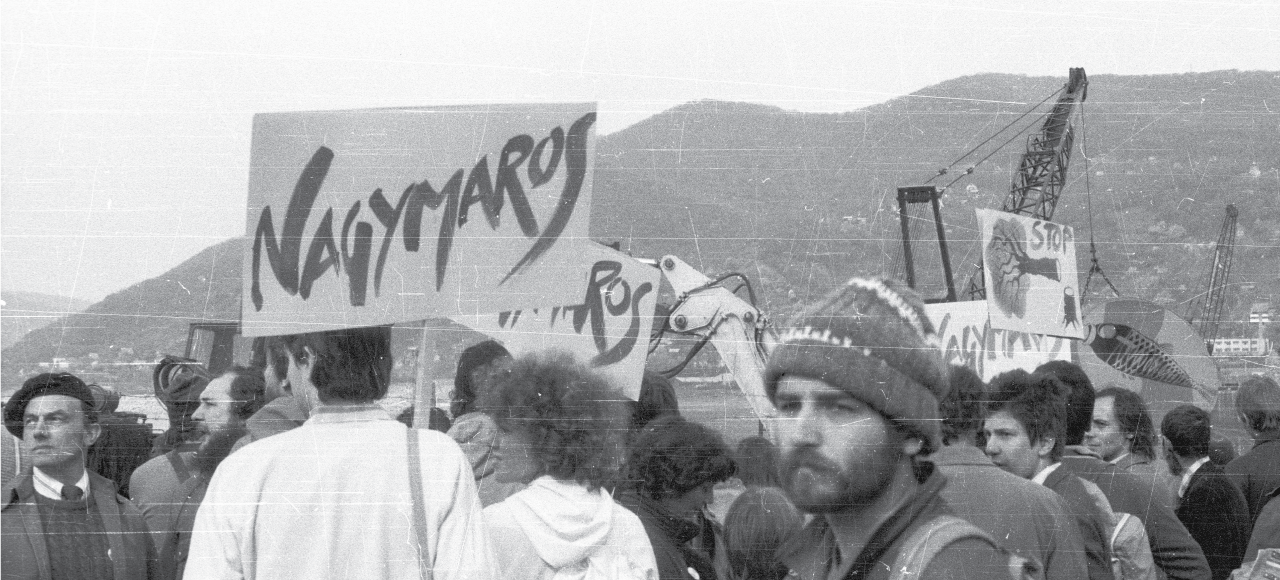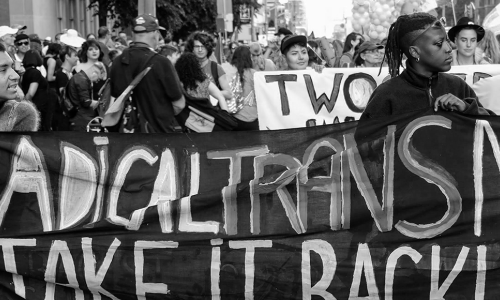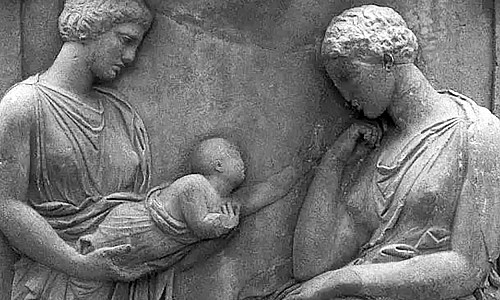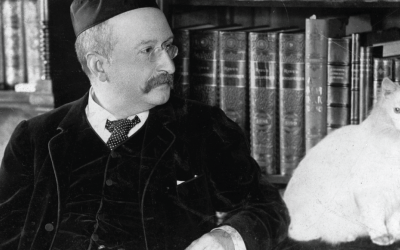Peter Boghossian argues that we should spotlight and build upon the efforts of philosophers who are doing work that matters.
"If it's not worth doing, it's not worth doing well."
--- Daniel Dennett
The most interesting thing about philosophy today is how uninteresting and largely irrelevant it has become. The overwhelming majority of professional philosophers deal with issues no one outside of their sub-disciplines care about, and use language few outside of their specialties understand. Contemporary philosophy is whittling away at what Daniel Dennett calls “issues of no abiding significance”. The discipline of philosophy has, in short, become esoteric and obscure – and largely irrelevant.
This is a heartbreaking turn for a discipline of study that engages life’s most fundamental questions: What is the best type of life to lead? How do we come to knowledge? What is justice? These questions and our responses should be informing our discourse about topics such as global climate change, terrorism, and the current immigration crisis. They’re not. Instead, we relentlessly pursue topics about which almost nobody cares, and professionally reward obfuscation and insularity.
In both philosophy journals and at philosophy conferences one can clearly see the celebration of obscurity and even irrelevance. Obfuscation through “grad speak”, niche topics of no significance to those not immersed in one’s sub-specialty (the overwhelming majority of philosophy papers are never cited outside their sub-discipline), a focus on speculative esoterica untethered to the real world (e.g., speculations about God’s attributes), un-evidenced arguments about the nature of reality (e.g., cosmological metaphysics), and, in a mix of irony and tragedy, the perception of these byzantine pursuits as intellectual virtues. The majority of philosophers with whom I’ve interacted view pedantry not as problem to be overcome, but as a virtue to which less seasoned philosophers should aspire.
But philosophy still matters. Philosophy affords us an opportunity to think clearly and critically. It helps us to think through problems, lead better lives, and make better communities. It does so by teaching us how to use reason to ask the right questions, and how to make better, more discerning judgements about our conclusions. The practice of philosophy can teach us what we can and cannot know. It can teach us how to be epistemically humble, and how to be honest with ourselves.
We need to spotlight and build upon the efforts of philosophers who are doing work that matters, and bring our moral and epistemological analyses to bear on substantive contemporary issues. Some philosophers have modelled this behaviour for us. For instance, in the 1970s John Rawls and Robert Nozick’s work paved the way for us to rethink the role our institutions play in dispensing social and economic justice. In the 1980s Peter Singer caused us to re-evaluate how we treat animals and Susan Haack emboldened us with reasons to defend science, rationality, and scepticism. Ten years later, Tim van Gelder’s work on applied reasoning and argument mapping made critical thinking practical, clear, relevant, and accessible. Most recently, Sam Harris has argued that moral questions have objectively right or wrong answers and that we can determine human values scientifically, and, Ricardo Rozzi’s work in applied environmental philosophy has helped us understand the importance of biodiversity and ecological conservation. These philosophers are at the vanguard of publicly engaging issues that matter.
For philosophy to exert influence and recapture relevance, we must focus philosophy on questions of abiding significance and public relevance. Philosophy matters. But philosophy only matters if we stop mistaking the obscure for the profound. We need to start asking the right questions and upholding the right intellectual values (free expression, reason, rationality, honesty), and do so in a way that places clarity front and centre. Philosophy, perhaps uniquely among the disciplines, offers us hope – the opportunity to use reason so that we may flourish.
This essay is one of 50 new ideas in philosophy that appear in a Special Edition of The Philosophers' Magazine.
Peter Boghossian is an assistant professor of philosophy at Portland State University. He was thrown out of a philosophy PhD program at the University of New Mexico. His book, A Manual for Creating Atheists, is available from Amazon.
You might also like...

Subscribe to The Philosophers' Magazine for exclusive content and access to 20 years of back issues.














